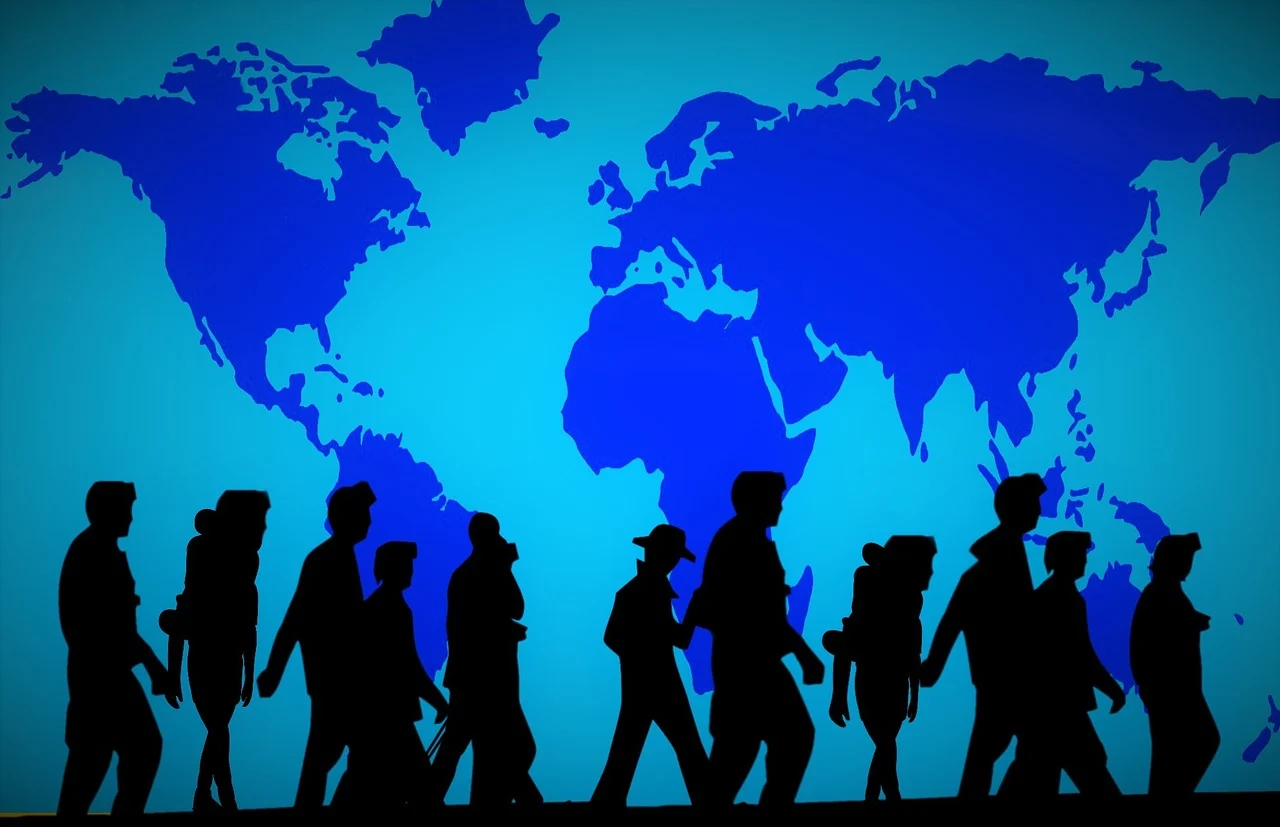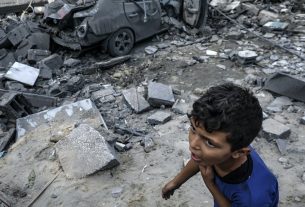In many African countries, the promise of democracy has been subverted by the persistence of authoritarian rule masked by the facade of electoral legitimacy. What emerges is a pattern of “democratic political dictatorship”—a hybrid regime form in which leaders and ruling parties use constitutional manipulation, state institutions, and security apparatuses not to serve the people, but to secure and perpetuate their hold on power. This institutional hijacking occurs despite widespread poverty, insecurity, youth unemployment, and faltering public services. The discrepancy between power retention and meaningful socio-economic development is both stark and telling.
The Pattern of Entrenched Power: Cases in Point
Cameroon: Power in Decline, Repression in Ascendancy
Cameroon is gripped by growing uncertainty as President Paul Biya, now 91 and in power since 1982, clings to office amid speculation about his deteriorating health. Rather than prepare for a democratic transition, the regime has intensified the crackdown on civil liberties, suppressing dissent and curtailing the activities of civil society actors. The looming succession crisis has triggered fears of elite infighting, deepening authoritarian reflexes at the expense of national development and cohesion.
Tanzania: Legacy of Control Under a New Face
The ruling Chama Cha Mapinduzi (CCM), in power for over six decades, has entrenched a one-party-like dominance. While President Samia Suluhu was initially welcomed as a moderate, her administration has reverted to the CCM playbook: stifling opposition, censoring the media, and controlling the narrative. The illusion of reform gives cover to a regime increasingly intolerant of divergent voices, thus depriving citizens of genuine democratic participation.
Côte d’Ivoire: Constitutional Engineering for Power Retention
President Alassane Ouattara’s potential bid for a fourth term, enabled by a controversial 2016 constitutional revision, underscores the manipulation of legal frameworks to extend political tenure. Though the country is a strategic hub in West Africa, democratic backsliding—evidenced by opposition exclusion and judicial complicity—undermines its governance credibility. Stability is being traded for expedient political control.
Guinea: From Coup to Civilian Pretense
Guinea’s military rulers have continued to delay elections, eroding trust in their commitment to a civilian democratic transition. Despite initial assurances, the regime’s actions reflect a familiar authoritarian arc: weakened democratic institutions, curbed press freedoms, and the marginalization of opposition voices. The military’s presence in politics is proving less transitional and more transactional.
Uganda: The Architecture of Permanent Rule
President Yoweri Museveni’s near four-decade reign is a textbook example of how authoritarianism can wear the clothes of electoral democracy. Through constitutional amendments (notably the removal of age limits), politicized security forces, and judicial repression, Museveni has crafted a state where rule of law is subordinated to regime survival. Civil society actors, journalists, and opposition leaders face ongoing threats, including surveillance, imprisonment, and violence.
Why Do Leaders Betray the People?
- Power as a Means, Not a Responsibility
Many African leaders see power as an entitlement or reward, not as a trust held on behalf of the citizenry. Governance becomes a vehicle for self-enrichment, elite patronage, and control, rather than a platform for national development or public service. - Constitutional and Institutional Capture
Institutions meant to check executive overreach—judiciaries, electoral commissions, and parliaments—are systematically weakened or co-opted. Constitutions are treated as tools to be revised, circumvented, or ignored to align with the ambitions of incumbents rather than the needs of the populace. - Weaponization of Insecurity and Nationalism
Insecurity, whether real or manufactured, is used to justify increased militarization and suppression of dissent. “Stability” becomes a mantra for staying in power, with leaders arguing that only they can guarantee peace—even as their policies erode the very fabric of national unity. - Civil Society Repression and Media Control
Independent voices are seen as threats rather than partners in governance. Legal restrictions, arrests, and intimidation tactics are used to muzzle journalists, human rights defenders, and activists, reducing the public’s access to truthful information and civic engagement. - Electoral Rituals, Not Democratic Reality
Elections across these regimes are often procedural, not substantive. Voters are given ballots, but not real choices. Opposition candidates are jailed, disqualified, or delegitimized, while electoral bodies act as enablers rather than referees.
The Economic Illusion: Why the People Don’t Benefit
Despite prolonged leadership, these regimes rarely deliver transformational economic progress. Infrastructure may be built, but corruption, mismanagement, and nepotism often ensure that the benefits are unevenly distributed. High youth unemployment, poor education systems, and weak healthcare remain endemic. When public trust collapses, so too does innovation, investment, and civic engagement—leaving countries in cycles of underdevelopment and dependency.
Conclusion: The People Deserve More
Africa’s future depends on liberating democracy from its captors—those who exploit constitutional tools, manipulate institutions, and repress dissent in pursuit of indefinite power. True leadership means being accountable to the people, empowering institutions to function independently, and delivering public goods beyond political survival.
Until governance is redefined around service, not control, the continent’s immense human and economic potential will continue to be stifled by leaders more committed to their own longevity than their people’s prosperity.


